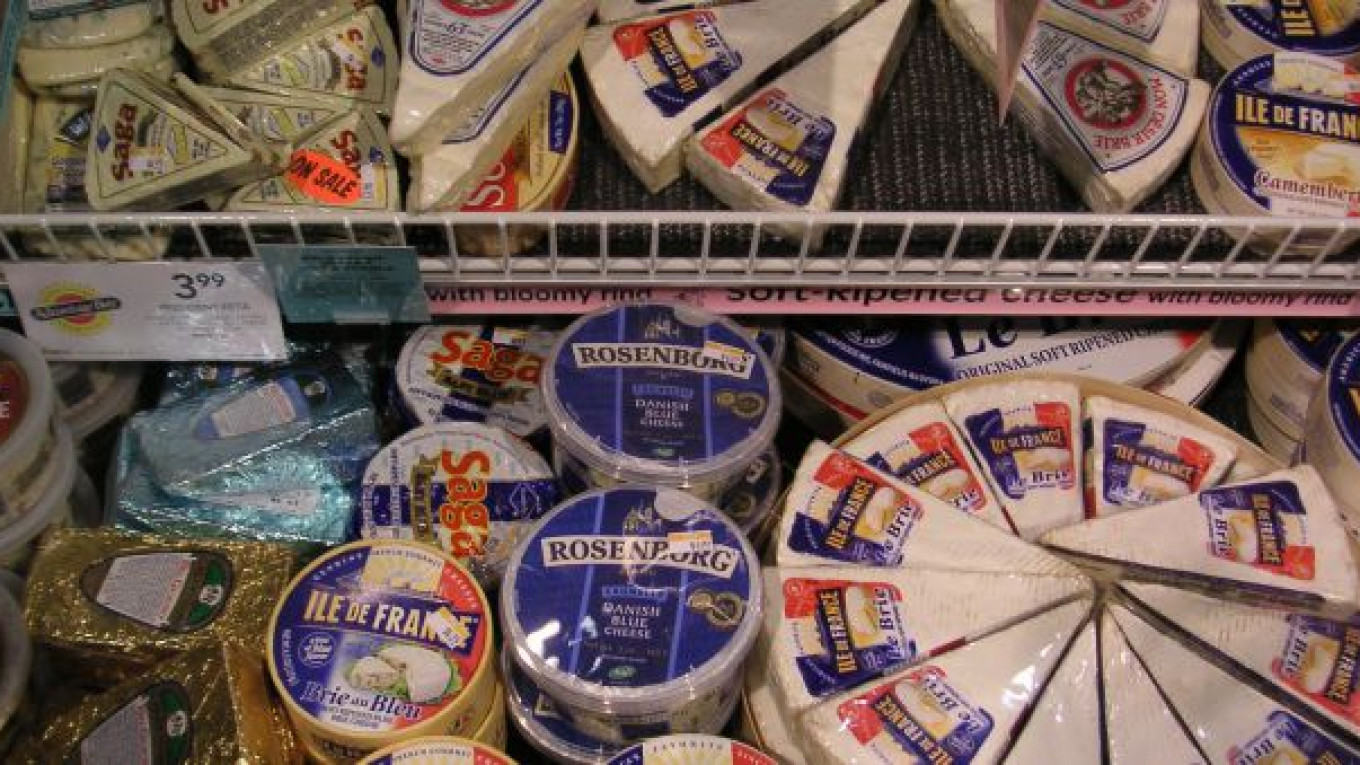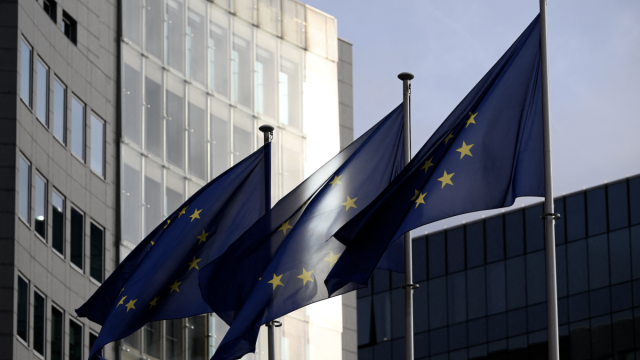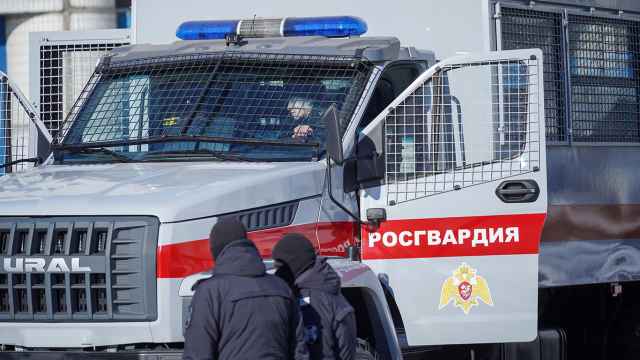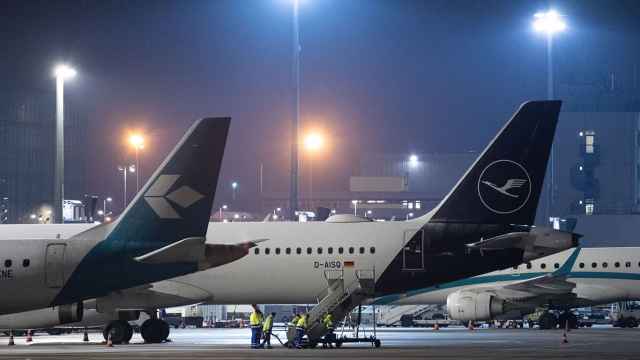EU regulators on Monday began analyzing product-by-product the impact of a Russian ban on EU food imports announced in retaliation for Western sanctions over Ukraine.
But they said it was too soon to decide how much, if any, of a 400 million euro ($535 million) EU compensation fund might be paid out to help farmers.
European Agriculture Commissioner Dacian Ciolos interrupted the traditional European Commission August break to return to Brussels at the weekend, together with other senior staff, and on Monday they set up a task force.
The aim is to work out alternative markets and to analyze the fallout from Russia's one-year ban, announced last week, on imports of meat, fish, dairy, fruit and vegetables from the U.S., the EU, Canada, Australia and Norway.
With some member states piling on the pressure for redress, they could also agree to award compensation from a special fund signed into law at the end of 2013, as part of agricultural reforms. To date, the fund has never been used.
"We still feel it's a little bit soon to discuss the cost implications," Roger Waite, a spokesman for the EU's executive Commission, told reporters.
"We are looking at every product individually. We hope that by Thursday of this week, we will be in a position to have a clearer picture of the potential impact so that we can discuss it with the member states."
Agricultural experts from the EU's 28 member states will meet in Brussels on Thursday to plan a coordinated strategy.
Tit for Tat
Last month, the EU agreed its toughest sanctions yet against Moscow in response to Russia's annexation of Crimea and support for separatist rebels.
Moscow initially said it would not stoop to a tit-for-tat response, but last week it took aim at Western food imports, a move many analysts say could hurt Russian consumers more than it affects Western exporters.
Ciolos has said he is confident the EU farm sector can quickly find new markets for exports to Russia worth around 11 billion euros, roughly 10 percent of all EU agricultural sales outside the bloc.
A separate Russian ban on EU pork announced earlier this year has had relatively little impact, the Commission says, as farmers have found new markets in Asia and helped to fill the gap left by an outbreak of pig disease in the U.S.
"We will have to make an increased effort on other markets in the Asia region, in the Middle East and in North Africa," Austrian Agriculture Minister Andrae Rupprechter told broadcaster ORF last week, but he said there could also be a case for compensating the hardest hit.
"European leaders brought about tougher sanctions on Russia, which we respect, but we also have to respect the consequences and not leave in the lurch those who are bearing the burden," he said.
In France, Europe's biggest agricultural nation, farmers have voiced concern about the risk of a glut of unsold produce from Eastern Europe flooding the Western European market.
While the Commission has said it reserves the right to respond to Russia's ban, Ciolos has said any response must be proportionate.
Taking Russia to the World Trade Organization over the food bans could be unwise, Brussels-based lawyers said, arguing the EU concern was to deescalate the crisis.
See also:
A Message from The Moscow Times:
Dear readers,
We are facing unprecedented challenges. Russia's Prosecutor General's Office has designated The Moscow Times as an "undesirable" organization, criminalizing our work and putting our staff at risk of prosecution. This follows our earlier unjust labeling as a "foreign agent."
These actions are direct attempts to silence independent journalism in Russia. The authorities claim our work "discredits the decisions of the Russian leadership." We see things differently: we strive to provide accurate, unbiased reporting on Russia.
We, the journalists of The Moscow Times, refuse to be silenced. But to continue our work, we need your help.
Your support, no matter how small, makes a world of difference. If you can, please support us monthly starting from just $2. It's quick to set up, and every contribution makes a significant impact.
By supporting The Moscow Times, you're defending open, independent journalism in the face of repression. Thank you for standing with us.
Remind me later.






